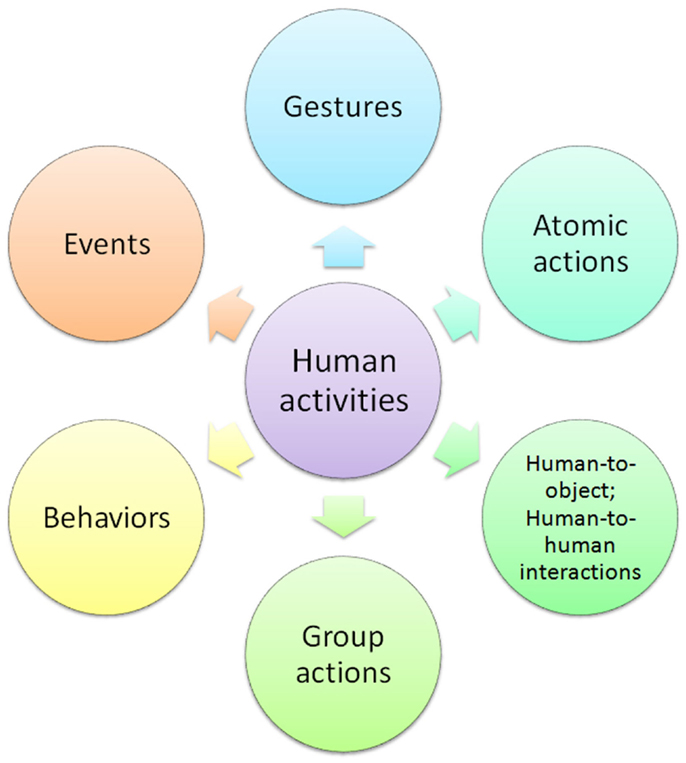On the Importance of Human Activity Systems in Organization Modeling for IS Development
Keywords: Human activity systems, information systems development, organization modeling, soft systems methodology
This paper investigates the context of information systems (IS) development, underlining the importance of organization modeling in the process of IS design and construction, which should satisfy different scenarios of human purposeful activities according to various organizational imperatives. The research is driven by a belief that the design issues of IS support should be situated in the context of social processes in which, in a specific organizational scenario, a particular group of people can conceptualize their world and hence the purposeful action they wish to undertake. This provides the basis for ascertaining through organizational modeling, what information support is needed by those who undertake that action. Only then does it become appropriate to ask how modern information technology (IT) can help to provide that support. And we call this the meaning attribution approach to conceiving IS support based on characterizing, through action research, the underlying human activity systems (HAS), a term often used in soft systems methodology (SSM). The paper concludes by reiterating the main context for IS work is the appropriate systems thinking, and meeting the challenge of designing suitable IS starts from a rethinking of what is entailed in providing informational support to purposeful action in the real world of HAS modeling, by which IS architects could learn of the organization’s continual adjustments to its changing world.
Kam Hou VAT : The author is from University of Macau, Macau.

